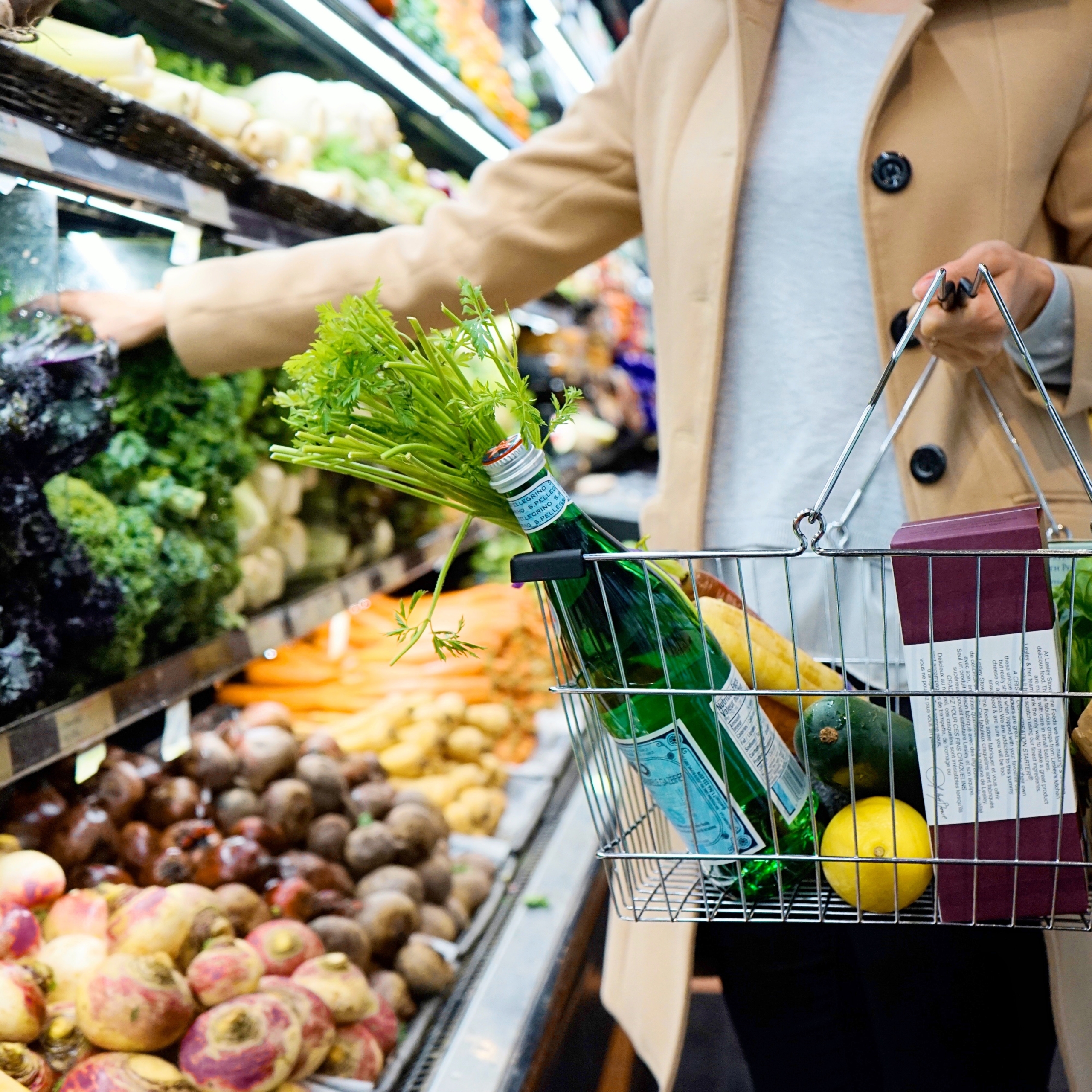
Deloitte publishes the annual consumer survey, 2023 edition that provides insight into supermarket consumer trends in the Netherlands.
Highlights from the survey
- 75 percent of consumers have adjusted buying habits as a result of price increases. Consumers report buying cheaper products, choosing offers more often and visiting multiple supermarkets.
- Nearly one in 10 self-scanning shoppers occasionally find out at home that they have not scanned a product. 2 percent even admit occasionally doing so on purpose.
- The percentage of respondents who rate the CSR policy of their current physical supermarket as (very) good has decreased significantly from 42 percent in 2022 to 37 percent now, in addition, percentage who do not consider it important has increased, from 32 percent to 38 percent.
- 68 percent of respondents use a supermarket app. The app is primarily used to look up deals and save points. Consumers have very little interest in apps that help them make healthier, more sustainable or budget choices
Rotterdam, Sept. 12, 2023 – More and more consumers are paying attention to supermarket offers when doing their weekly shopping. In 2023, 44 percent will use a digital folder at least once a week for weekly shopping, compared to 40 percent in 2022. Almost a quarter of Dutch consumers (23 percent) say that an attractive offer is enough reason to visit a different supermarket than usual. This is according to the latest edition of the Deloitte Supermarkets Consumer Research.
An overwhelming majority of Dutch consumers (89%) say they are concerned about rising food prices (2022: 88%). The group of consumers who have adjusted their own buying behavior because of these concerns has grown substantially in 2023. Three-quarters of consumers have adjusted their buying behavior, up from 67% in 2022.
Price increase changes buying behavior
To cope with rising food prices, consumers are more likely to choose cheaper products at their current supermarket (49 percent) or products on sale (46 percent). A quarter of consumers who have changed their buying habits because of the price increases visit multiple supermarkets for weekly groceries. Six percent buy food (more often) across the border (Germany or Belgium).
“It is important that supermarkets continue to invest in the affordability and quality of the assortment and be transparent about this,” said Adgild Hop, retail market lead at Deloitte. “Consumer confidence has been under pressure for some time. The research shows that consumers value a wide choice of quality private label products more than the availability of A-brands and luxury products.”
Checks self-scans fine, as long as it involves another person
The use of self-scanning services in supermarkets is increasing. Eight in 10 consumers (81%) use self-scanning services now, up from 74% in 2022. Consumers who do not use self-scanning services say they prefer to interact with a cashier (51%) or pay in cash (38%), among other things.
An overwhelming majority of consumers (9%) say they are okay with self-scanning checks. However, 20% do find it annoying when they are checked themselves. About two-thirds of consumers think others sometimes forget to scan products (66%) or deliberately fail to scan products (68%). Fifteen percent feel they are checked every time they self-scan.
A striking other finding of the survey is that 16% do understand customers who steal bread, vegetables or fruit, for example, when they cannot pay for it due to poverty.
Sustainability remains important, but action fails to materialize
The importance consumers place on sustainability is increasing from previous years. Consumers consider important the extent to which the product is good for their own health (74%), the degree of animal suffering (71%), the degree of human exploitation (69%) and the use of pesticides (68%). The amount of water used in production and transportation is (very) important to 46% of consumers (2022: 38%).
The percentage of respondents rating the CSR policy of their current physical supermarket as (very) good dropped significantly from 42% in 2022 to 37% this year.
Little interest in apps that help you make choices
68% of respondents use a supermarket app. The app is mainly used to look up deals and save points. Respondents seem to have little or no interest in apps that can help them make healthy, more sustainable or cost-saving choices at the supermarket. 59% have little or no interest in apps that support making healthy choices. 52% are not interested in apps that help them make budget choices. Despite consumers saying they consider sustainability important, 57% have little or no interest in apps that help them make more sustainable choices.
Research justification
Commissioned by Deloitte Netherlands, Flycatcher conducts an annual study with the aim of gaining insight into consumer trends in the supermarket. Specific attention is paid to trends within the assortment, spending, branch fading, future of food, innovation and developments, such as self-scanning, online ordering and ready-to-eat products. In addition, this year attention was paid to the Super Supermarket Quality Mark (SSK). A total of 2,345 respondents aged 18 and older, who regularly visit supermarkets, participated in the survey.
More insight into what motivates consumers worldwide? Then check out the Deloitte Global Consumer tracker.
This article as it was published on Deloitte website:



